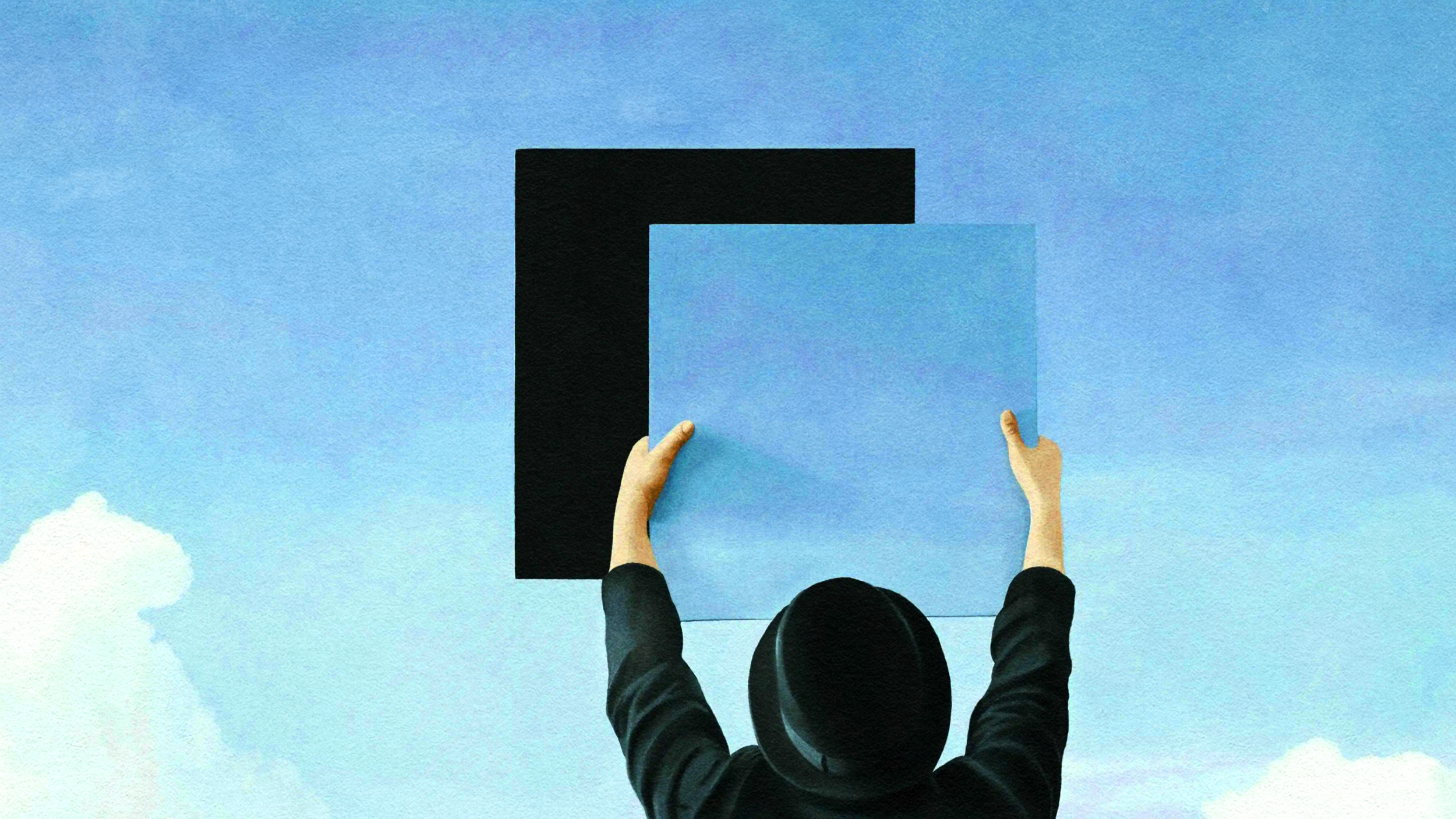Ted Kennedy was a model American politician: he rose from a famous family, had significant personal wealth and connections, endured scandals, and was a shrewd political operator. But what set Kennedy apart from his peers was the authentic and uncompromising moral drive that he brought to the Senate. He understood and used his advantages to successfully push America in a better direction. In one of his last interviews, Kennedy reflected with Big Think on his career, his family, and his faith.
Ted Kennedy was a model American politician: he rose from a famous family, had significant personal wealth and connections, endured scandals, and was a shrewd political operator. But what set Kennedy apart from his peers was the authentic and uncompromising moral drive that he brought to the Senate. He understood and used his advantages to successfully push America in a better direction. In one of his last interviews, Kennedy reflected with Big Think on his career, his family, and his faith.
Ted Kennedy: We are a large family. I was the youngest of nine, the last to come along. I sat at the little table on the side of the room; always had to battle to get my views across or to be able to express it.
But I had extraordinary role models. My father [Joseph P. Kennedy, Sr.], who was very ambitious for his children and was a great supporter; a mother [Rose Fitzgerald] who was the safe haven, devoted to her faith and also the love of history. And her children, my older brothers, who were great heroes of mine and who were inspiring figures all the way through my life.
My brother had been elected to the Congress. And he asked me whether I wanted a tour of Washington, and I welcomed the opportunity. And he brought me around to the House of Representatives; and brought me to the United States Senate; brought me over to the Supreme Court of the United States; pointed out the White House.
But he gave advice to me then which has really stuck with me. I was probably twelve years old at the time, and he said, “Look. You’ll visit the buildings now. You’ll see these buildings.” But he said, “The really importance of this visit is that you take an interest in what happens inside these buildings for the rest of your life.”
And I thought, “Well that’s a nice sort of idea, but you know, when are we going to get hot dogs or something or other, or go to a baseball or a football game?”
But the resonance of that message has stayed with me all of my life, and it was good advice at that time. And it’s advice that I share when young people come from Massachusetts and visit the Capitol. It’s the only way, really, our Democracy is going to work is if people take the interest, take the time, involve themselves in the political life of our country. It’s enormously important.
And our history and our tradition is filled with millions who have made this country the great country as it is. My great grandparents arrived in East Boston at the dock. I can look out my window in the JFK Building in Boston. I can see the dock that they arrived in. I can see the stairs which are called “The Golden Stairs” that lead up into East Boston. Every one of them went up in that not knowing what was going to happen, and they were fortunate. Some were fortunate, and we were able to participate in the democracy. It’s a great gift.
I think when I first arrived in the United States Senate, it was primarily a knocking down walls of discrimination. We still have a ways to go, but we were looking then after passing Medicare, Medicaid, our education at that time.
Well I’ve been faced both adversity and also I’ve witnessed great success in the times, particularly with my brothers’ sort of achievement.
I think this is the values of our country and society that we’re fighting for, and I see people who struggle very hard to try and make a difference in the nation which inspires me.
That school teacher, that law enforcement, that legal defender, that healthcare worker trying to give healthcare, trying to give education; trying to bring the bring the Constitution to people who didn’t know that they had Constitutional rights and liberties.
One was religion, which is very, very important – particularly for my mother and father, but also for the members of our family. And it’s been incredibly important in terms of my life, particularly facing some of the real challenging times that I’ve had to face – members of my family that have been lost and other kinds of tragedies.
About feeding the hungry and giving to those that are thirsty, and clothing the naked, and welcoming the stranger and visiting the imprisoned. And what Dr. [Martin Luther] King said about walking humbly, loving mercy, and doing justice.
I think these words can be simple words, but they can also be guiding words. And they’ve been guiding for me in the United States Senate.
America is just not a land, but it is a promise.
And it does seem to me this particular year [i.e. 2007]– as we’re coming into the presidential year [i.e. 2008] – the energy, and the liveliness, and the enthusiasm – particularly on our side, the Democratic side and the Democratic candidates – is very alive, and very involved. The polls reflect it, but all you have to do is see the turnouts of people that are turning out and involved and engaged.
I think the programs change and times change, but values really don’t change.
Recorded on: September 14, 2007






